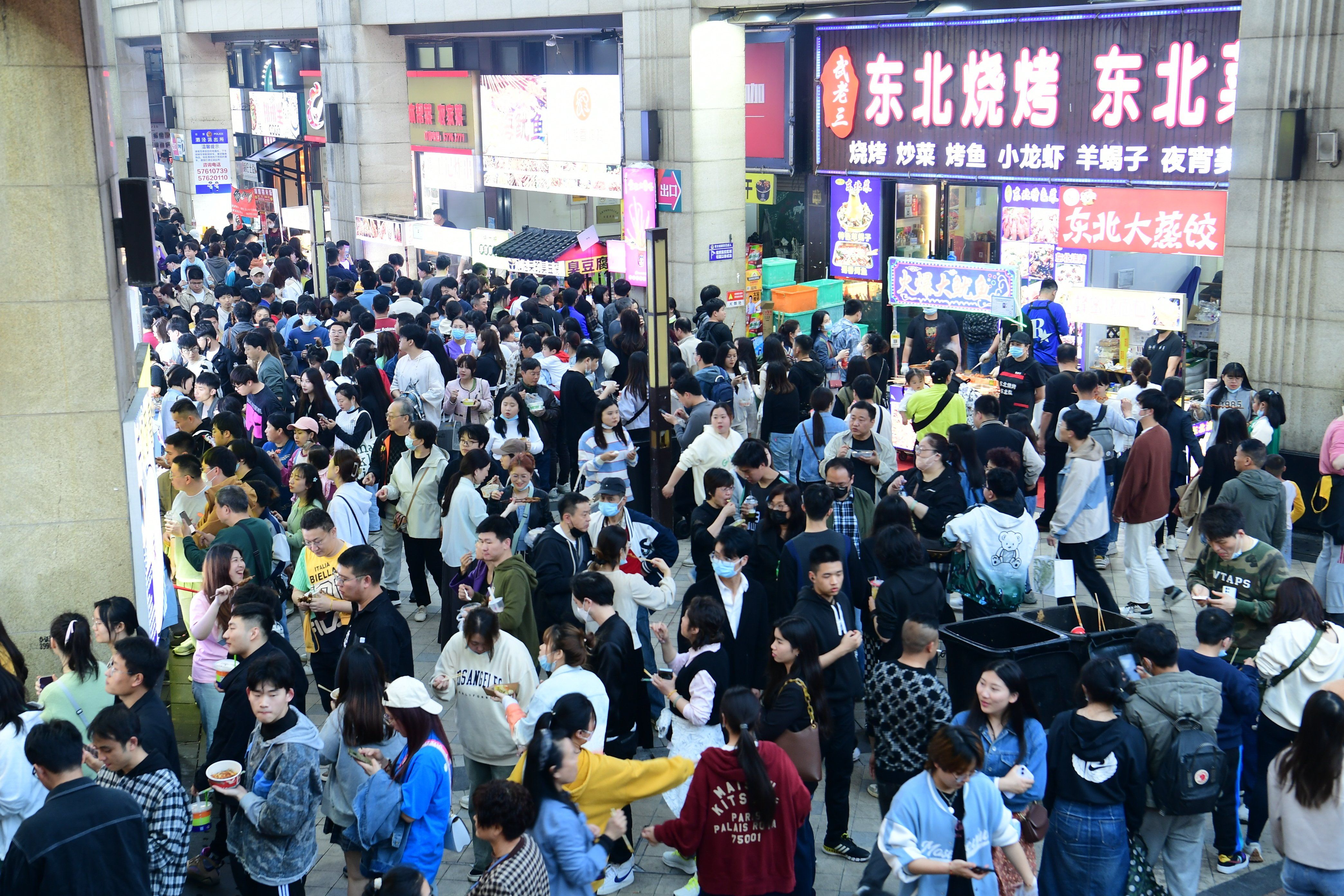Hard Numbers: China’s post-zero bump, diamonds for Hezbollah, Gershkovich bail bust, seafloor surprise
4.5: China’s economy grew at a 4.5% annual clip in the first quarter this year as the world’s second-largest economy dropped its “zero-Covid” restrictions and roared back to life. This beat analyst expectations but still fell short of President Xi Jinping’s 5% growth target for 2023. That rustling sound you hear is millions of Chinese bureaucrats and businesses scrambling to figure out how to close that half-point gap before December.
440 million: US prosecutors on Tuesday charged prominent Beirut-based art collector Nazem Ahmad -- who remains at large -- with exporting $440 million worth of art and diamonds in violation of US sanctions. Ahmad was sanctioned in 2019 for allegedly financing Hezbollah, the Iran-backed Lebanese political party and militia that Washington considers a terrorist group. The UK followed up on Tuesday by also sanctioning Ahmad and freezing his assets.
50 million: A Moscow court on Tuesday ruled that Evan Gershkovich, the Wall Street Journal reporter arrested in Russia on espionage charges last month, must remain in prison ahead of his upcoming trial. The newspaper’s parent company, Dow Jones, had offered to pay a bail of 50 million rubles (about $610,000) to release Gershkovich to house arrest in Moscow. In a real shocker, the court sided with prosecutors and said “nyet.”
1,970: Good news from 1,970 feet below the sea! Scientists descended to an unexplored section of Ecuador’s Galápagos marine reserve and found a coral reef “teeming with life.” The discovery gives hope that even as climate change alters the level and chemical composition of the sea, there are still bounties of underwater nature to enjoy and protect.
